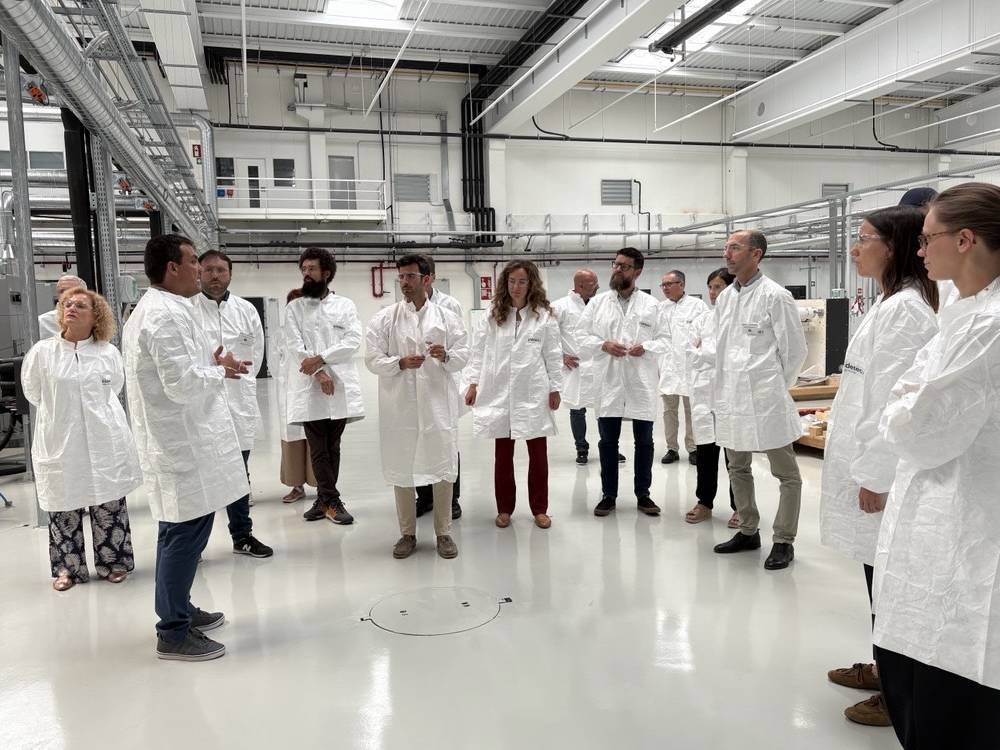EU research project launches to improve Li-S batteries
The recently launched EU research project TALISSMAN (Technologies for Advanced Lithium-Sulphur batteries towards Safe and Sustainable Mobility Applications) is dedicated to the development of safer, more sustainable and more powerful lithium-sulphur batteries for e-mobility. Furthermore, the batteries are to feature longer driving ranges, quicker charging times,
lower energy costs and a reduced environmental footprint, according to the projects’ initiators.
Project TALISSMAN will focus on four main impact areas, including technical performance, which is targeting energy densities up to 550 watt-hours per kg and cycle lives up to 700 full cycles. Safety is the next pillar, which focuses on “achieving enhanced stability with non-flammable, quasi-solid and solid
electrolytes.” Cost-effectiveness is the third impact area, where the researchers aim to reduce costs to below €75 per kilowatt-hour by 2030. Finally, Sustainability is the last impact area, where the project seeks to minimise environmental impact across the lifecycle through eco-design, responsible sourcing, and end-of-life recyclability.
On its website, the project details why the choice was made to focus on lithium-sulphur batteries, as they store more energy at a lower weight and cost than today’s lithium-ion batteries.
The consortium is coordinated by CIDETEC Energy Storage and brings together nine partners from four countries, including Spain, France, Germany and Italy. The partners include Airbus, ARKEMA France, the Fraunhofer research institute, Justus-Liebig-University Giessen, Politecnico di Torino, SAFT, Sustainable Innovations Europe and Tecnalia Research & Innovation.
Funding for the project came from the Horizon Europe research and innovation programme under the European Union and totals 4.9 million euros.
Source: Info via email, talissman.eu





0 Comments